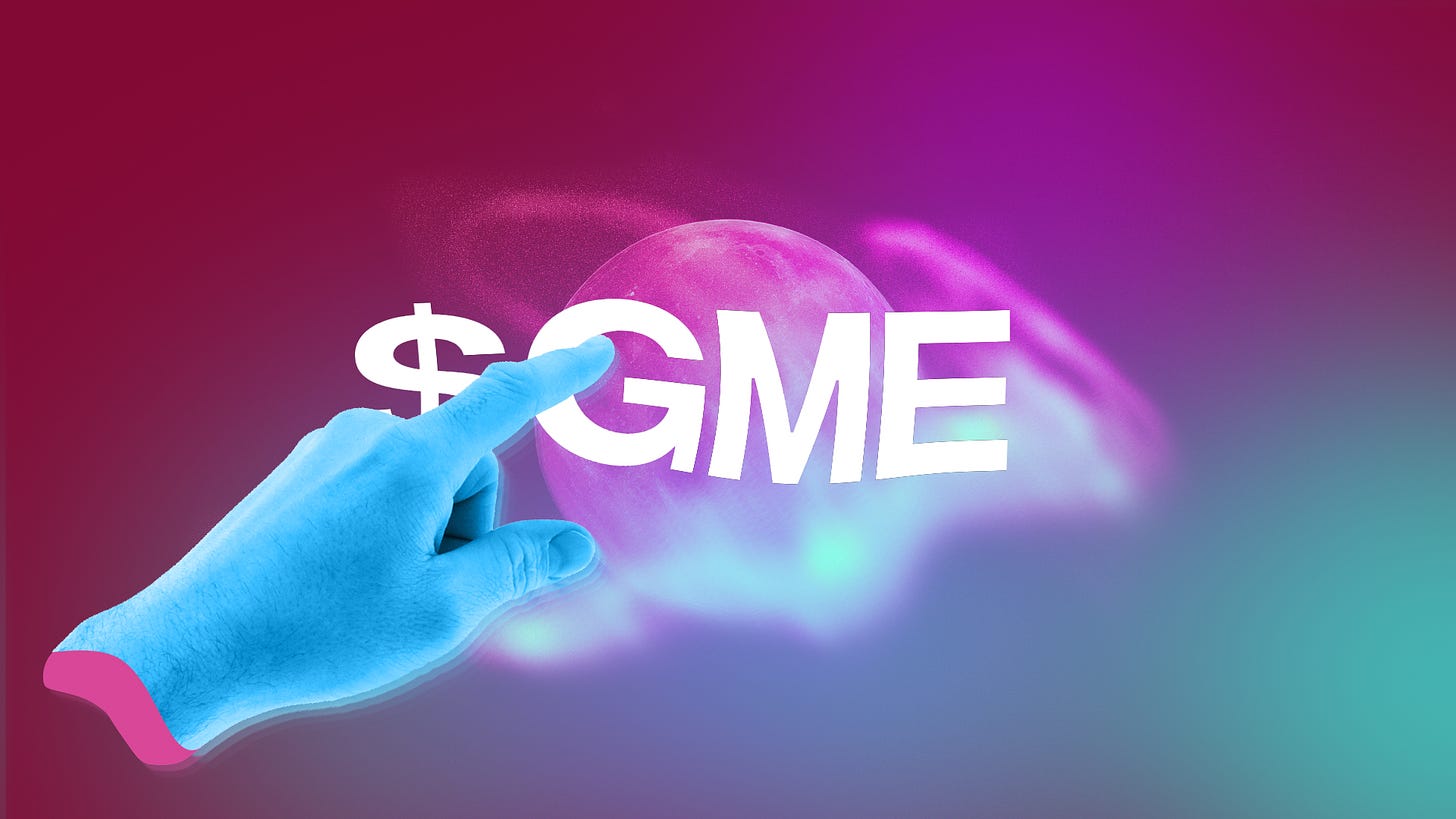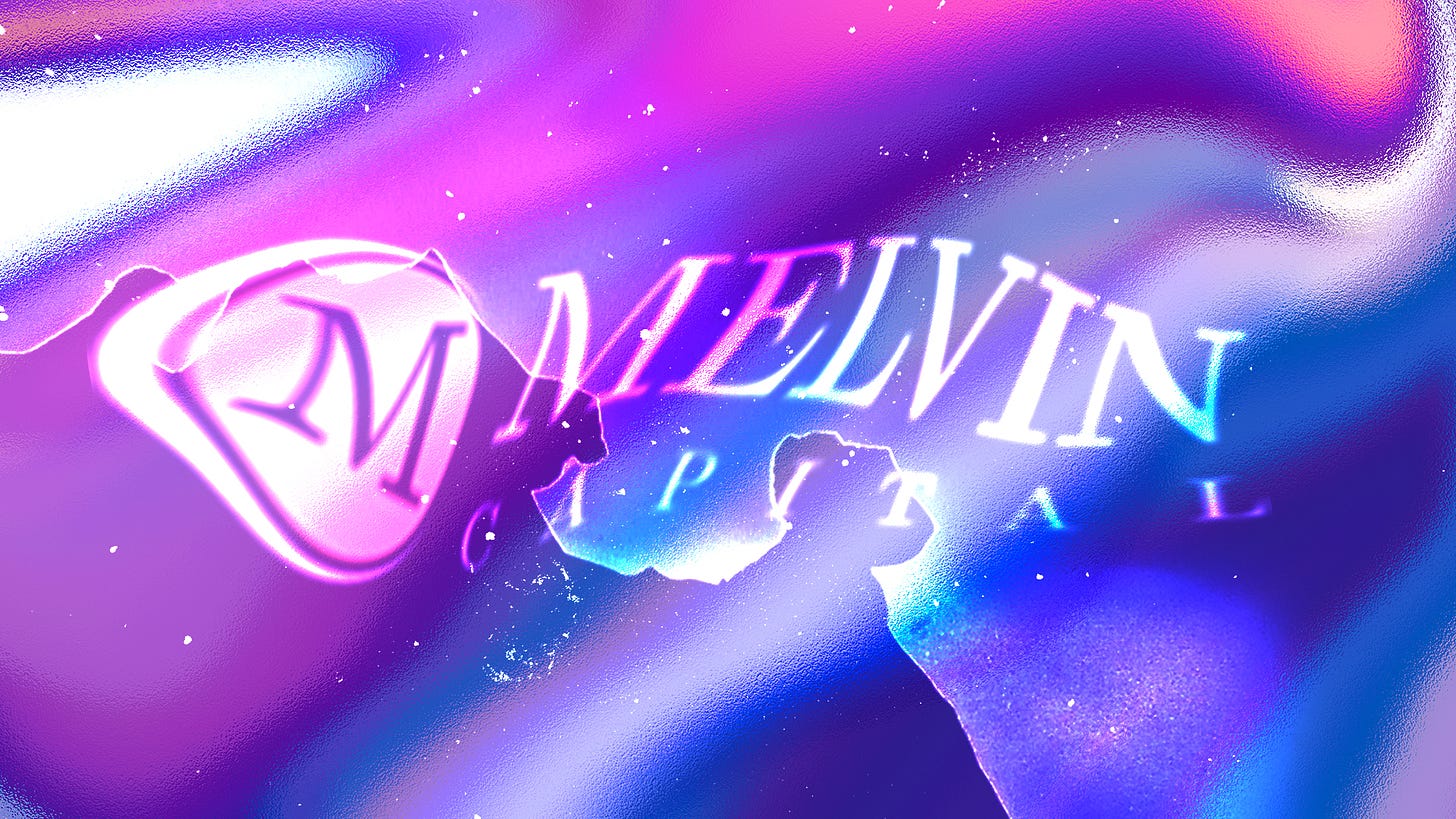The $GME Saga, explained by a Financial Analyst
A tale of Wall Street greed facing the stimmy-check-backed fury of Reddit
Ok kids, gather round and I’ll tell you the tale of how in January of 2021, me and some internet degenerates on Reddit kicked a hedge fund square in the fucking teeth.
By the way, if you think this is investment or financial advice—you’re sadly mistaken. I’m literally drinking a glue and lead paint margarita right now.
First off, you gotta understand how a short sale works. Since I don’t have Margot Robbie in a bathtub to explain boring finance terms to you, you’ll have to settle for me. But here’s a royalty-free stock image of a woman in a one piece. Close enough?
A short sale is basically when someone bets that the price of something will go down. They borrow a stonk from a brokerage and immediately sell it, giving them a cash position from the sale at the current market price. At a later time, they buy back the stonk so they can return it to the brokerage they borrowed it from. The difference between the two prices is the profit (if the price went down) or loss (if the price went up). Also note that they pay interest/fees to the brokerage while they’ve borrowed the stonk, so the longer they hold the short position, the more costs begin to add up.
A short sale carries inherent risk compared to when you buy a stonk outright (which is called ‘going long’ or ‘longing’). When you long a stonk, the most money you can lose is however much you invested in the stonk: your losses are limited--there are no recurring fees, and the stonk can’t go below $0. Your gains, are theoretically unlimited: they can go as high as the market will value the stonk.
When shorting a stonk, the opposite is true. You can only ever gain what the stonk price is, but if the stonk goes up in value, you lose whatever it gains—which can theoretically be unlimited.
Enter those greedy Hedge Fund fucks on Wall Street. They saw GameStop as a dying business. More and more video game sales were digital, and like everyone else they were competing with the internet. The writing was on the wall for GameStop to go bankrupt, so Wall Street shorted the stock.
But were they really dying?
Back in the fall of 2019, a Redditor who goes by the name of u/DeepFuckingValue drew some attention by placing a huge YOLO bet on GamesStop, and began to draw some attention to the company by posting about it on r/WallStreetBets. Gamestop was definitely trending down, but their cash position exceeded their debt, and they could likely remain solvent for the foreseeable future. Then, their fortunes turned when Ryan Cohen (of Chewy fame) bought 13% of the company to gain a seat on the board of directors. He knows e-commerce as good as anyone on the planet named Jeff Bezos or Jack Ma, and had some great ideas to reposition GameStop to enjoy success for years to come. Dr. Michael Burry of ‘The Big Short’ fame also took an interest in investing in the company.
These events alone weren’t enough to push GameStop up to an all time high of nearly $500 a share. Remember those greedy Hedge Fund Fucks? They shorted almost 140% of the available shares.
Yeah. That isn’t a typo. 140%. Of. The. Available. Shares.
Remember, to exit the short position, you need to buy the shares back to return them to the brokerage you borrowed from. People realized this, and kept buying more and more shares they could hold onto until the Hedge Funds had to buy them back at a huge premium.
Ultimately, the Hedge Funds lost a huge amount on this gamble. As of today, there is still around a 50% short interest in GameStop (for reference, 20% is considered a huge short interest). There’s still going to be a ton of upward pressure as short investors need to buy back 50% of the shares to cover their position. Will we see shares jump to nearly $500 like they did last week? It’s tough to say.
But if you were smart enough to see this coming, I tip my hat to you, and hope you enjoy your tendies.
The author wishes to remain anonymous. Dolphinger confirms the author works as an analyst, and formerly worked at a major bank.






